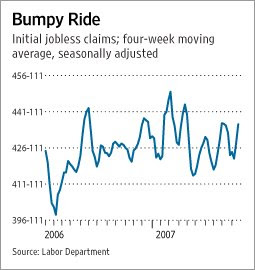
Competition between dominant overseas-call provider CAT Telecom and private players will heat up following the allocation of prefixes to new entrants by the industry's licensing body. It remains to be seen if a price war will erupt. Most companies have said they will focus on service quality rather than cost. A CAT source said yesterday it was watching how new entrants encouraged cellular subscribers of their parent companies to make international calls using their direct dialling prefixes, rather than CAT codes. "We have a promotional package which will be submitted for approval soon," the source said. The state agency said it attained its 12-month overseas-call revenue target of Bt9 billion in September. A True International Communications source said the company would kick off its service this year, but declined to say if it would use price to attract customers. Recently the National Telecommunications Commission allocated the 006 international direct dialling prefix to True and 004 to Total Access Communication's DTAC Network. The two companies clinched overseas-call licences early this year, but had to wait until now to get their prefix codes. There are now five overseas-call providers, including TOT and CAT. In addition to True and DTAC, AIN Global Comm has a licence. TT&T is seeking one.
DTAC deputy managing director Nitipong Boon-long said international-call liberalisation gave consumers more choice. He said price competition was inevitable. Weerachai Patcharopartwong, general manager of AIN, formerly known as AIS International Network, said the company did not want a price war. "We learned a lesson from past cut-throat competition in the domestic cellular industry which financially affected all operators," he said. AIN was allocated the 005 prefix in July. This week the company said it would spend Bt3 million encouraging people to use its service by offering restaurant and shopping discounts for calls. About a million AIS subscribers have called overseas using AIN, it said, and predicted that number would reach between four and five million by the end of the year. All new entrants are at present offering overseas calls to their parent-company subscribers until they can reach interconnection agreements. Interconnection regulations require operators to share voice and data revenue between networks involved in the calls.











